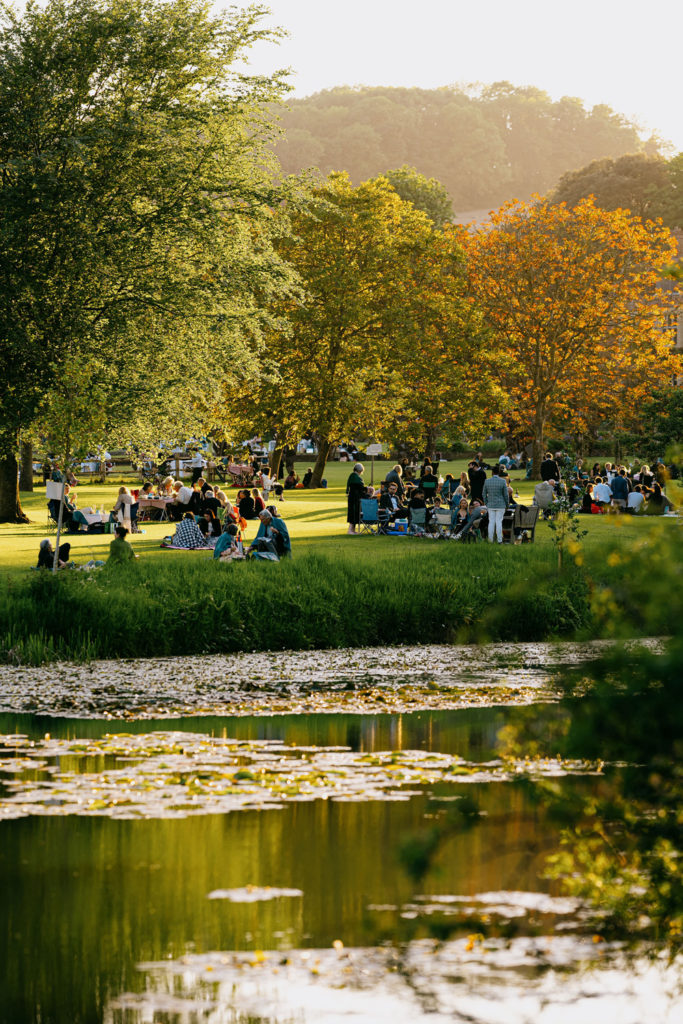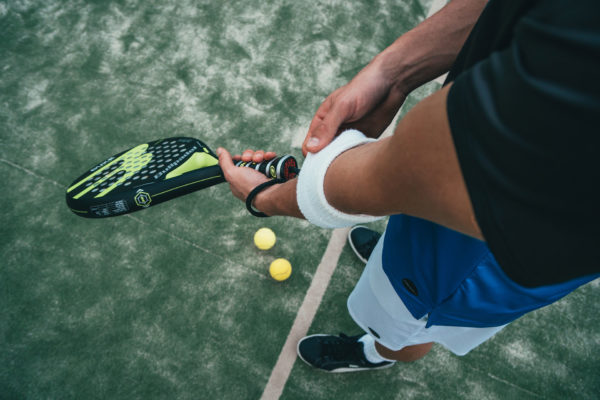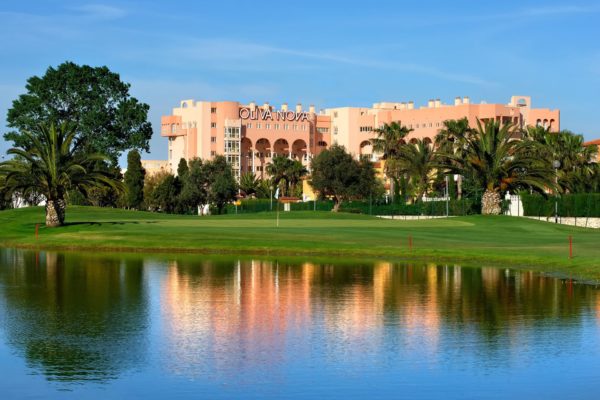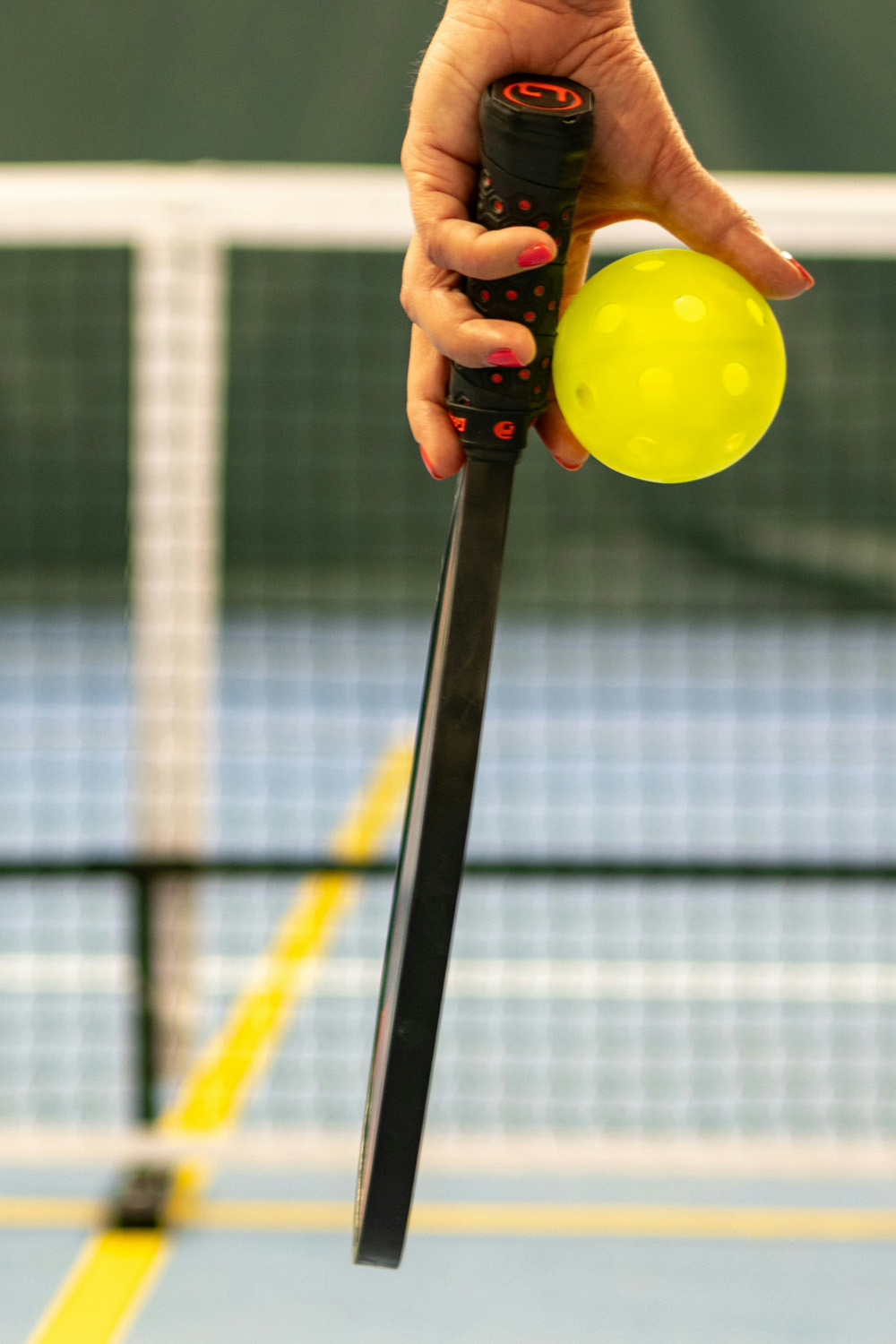
What Actually Is Pickleball? & How Is It Different To Padel?
By
9 months ago
Step aside, Padel: there’s a new buzzy sport on the court
It seems like yesterday that Padel was taking over the world. The racket sport, also known as ‘Padel Tennis’, was invented by Enrique Corcuera in Acapulco, Mexico in 1969 – but it really started picking up steam in the last few years (with search interest increasing by 385 percent over the past five years), particularly as we emerged from the pandemic. After Mexico, Padel has always had a following in Spain, where it is the second most popular sport after football, with over 6 million active players and more than 20,000 Padel courts to choose from – but other nations like Denmark, Portugal, Sweden, Finland, the UK and, crucially, the US have started getting involved too, praising the sport’s accessibility, social appeal and lower physical demand compared to tennis. Today, padel is played by over 25 million people in more than 110 countries. But there’s a new kid on the block: Pickleball. Search interest is at an all time high for this fellow P-sport in the US, but what actually is Pickleball? And is it all that different to Padel?
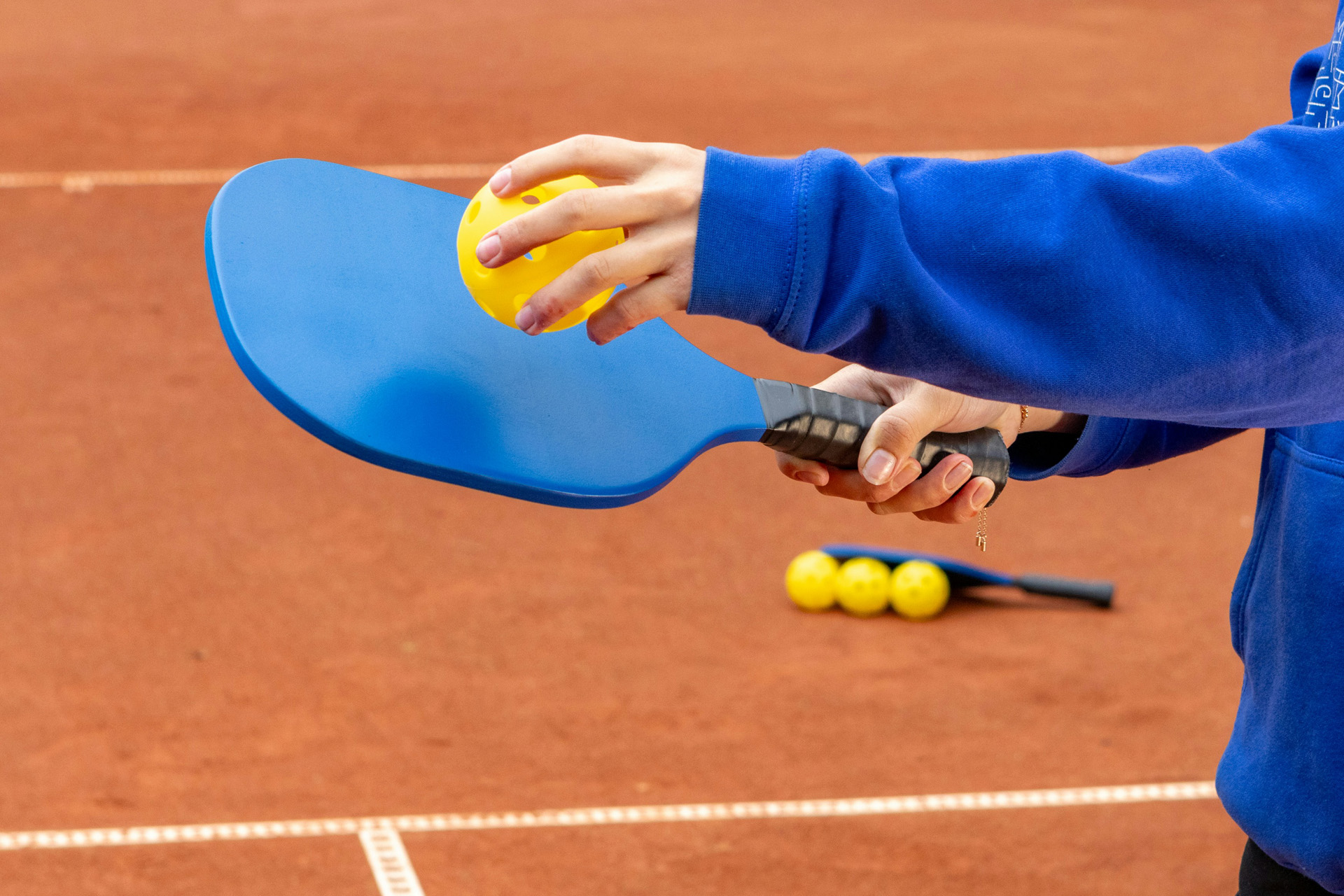
What Is Pickleball?
Pickleball is a racket sport that started life as a children’s backyard game. On a court the same size as a doubles badminton court, players use paddles (larger than table tennis paddles but smaller than tennis rackets) to hit a perforated, hollow plastic ball (similar to a wiffle ball) over a 36 inch-tall net.
Pickleball was invented in the US in 1965 by Joel Pritchard, Bill Bell and Barney McCallum. Living in Bainbridge Island, Washington, the trio drew on elements from tennis, badminton and table tennis to create a new game for their kids. Fast forward to 2021, and the Sports and Fitness Industry Association named it the US’ fastest growing sport – an accolade it achieved in 2022 and 2023, too.
Where Is It Played?
Pickleball is most popular in the US, where there are an estimated 4.8 million regular players. Elsewhere, Canada, Australia and China are also seeing major growth of the sport, as well as some Latin American and European countries. In 2022, Pickleball was named the official sport of Washington state, where it was invented.
In the US, you can play Pickleball professionally thanks to the Association of Pickleball Professionals (APP) and the Professional Pickleball Association (PPA), which have hosted numerous tournaments since 2019. There’s also Major League Pickleball, which features mixed gender teams selected through a draft process.
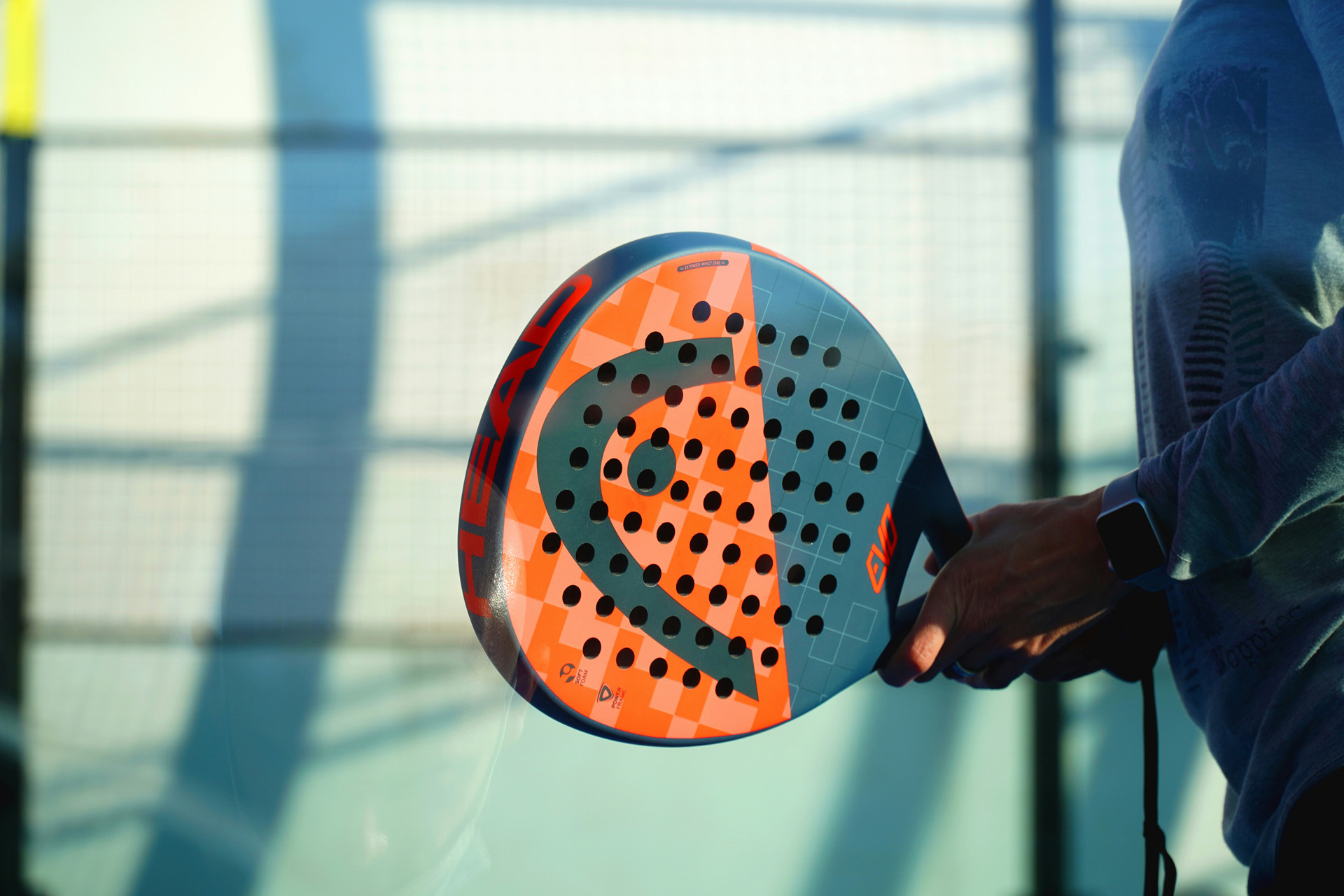
Is Pickleball The Same As Padel?
No, Padel and Pickleball are two different sports, though they are both racket sports that can be played in doubles. The main differences include:
- Court: Padel is played on an court 20 metres long and 10 metres wide, enclosed by glass walls, allowing the ball to be played off the wall like in squash; Pickleball is played on a court 13.4 metres long by 6.1 metres wide without walls.
- Net: A padel net has a height between 0.88 and 0.92 metres, while a Pickleball net is 0.91 metres tall.
- Rackets: Padel uses a solid racket with holes, while Pickleball uses a solid paddle without holes.
- Balls: Padel is played with a ball similar to a tennis ball, while Pickleball is played with a perforated hollow plastic ball.
- Gameplay: Padel is played in doubles with a scoring system similar to tennis; Pickleball can be played in single or doubles with a unique scoring system.
- Energy: Padel is generally considered to be more athletic thanks to the larger court and faster gameplay, while Pickleball is less physically demanding.
Can You Play Pickleball In The UK?
Yes, Pickleball is a growing sport in the UK, with dedicated non-profit Pickleball England (pickleballengland.org) sharing the love. According to the Lawn Tennis Association (LTA), there are more than 270 places to play the sport across the UK. If you’re looking for your nearest court or club, you can use Pickleball England’s locator to find one.


